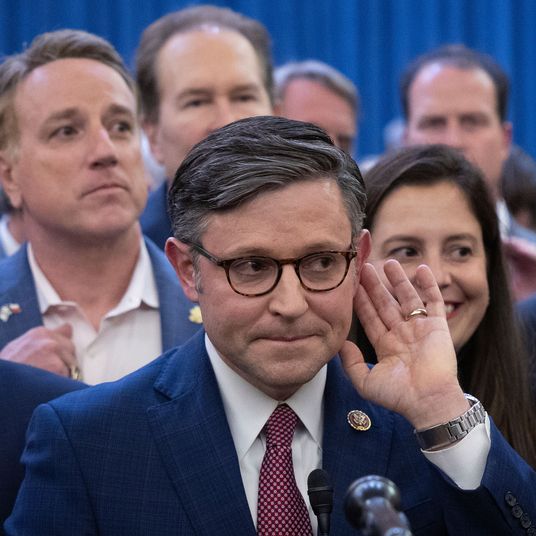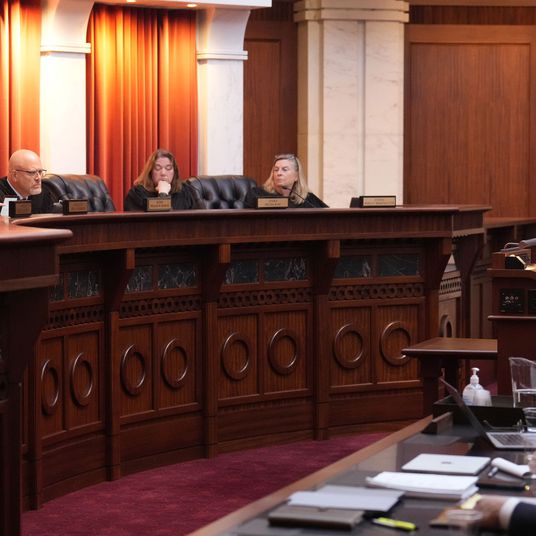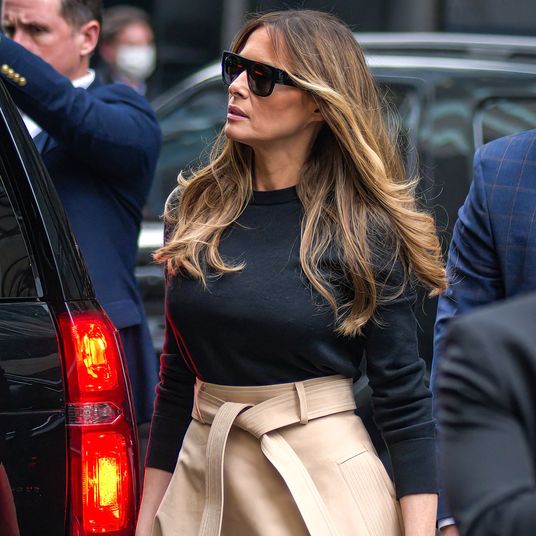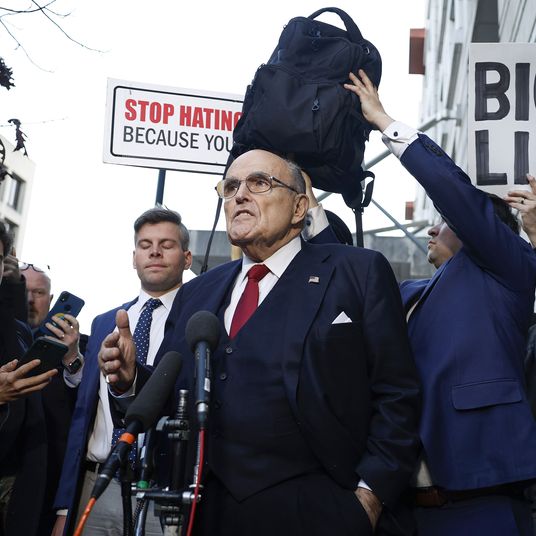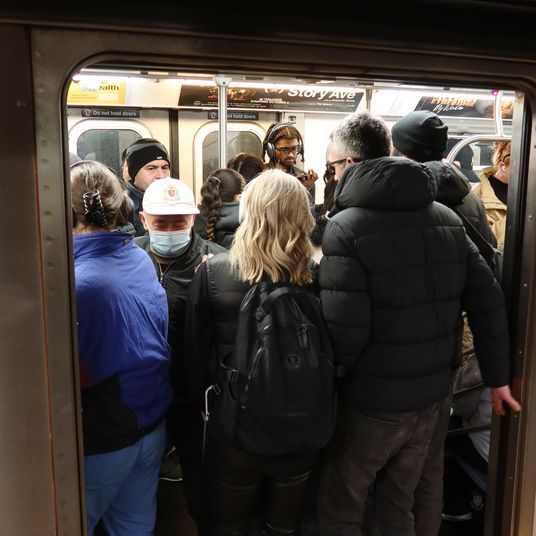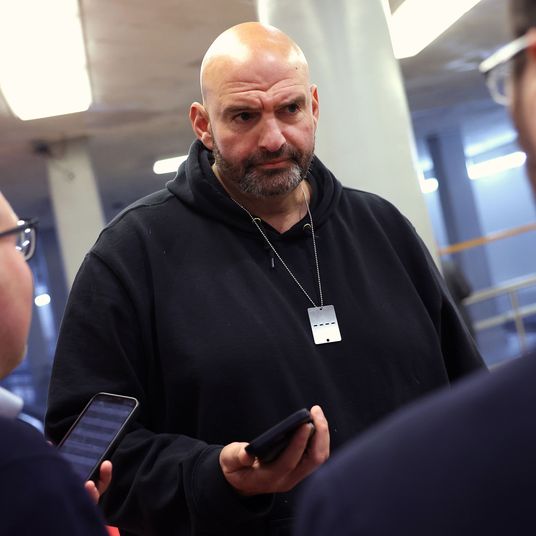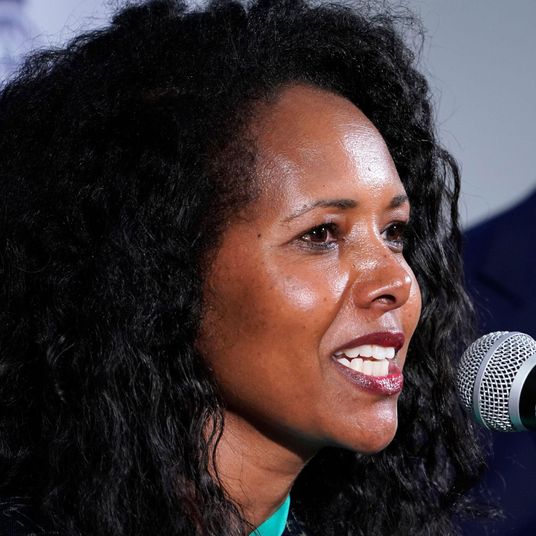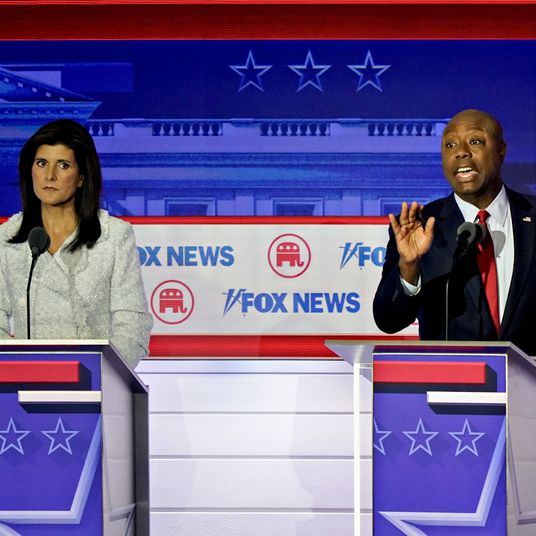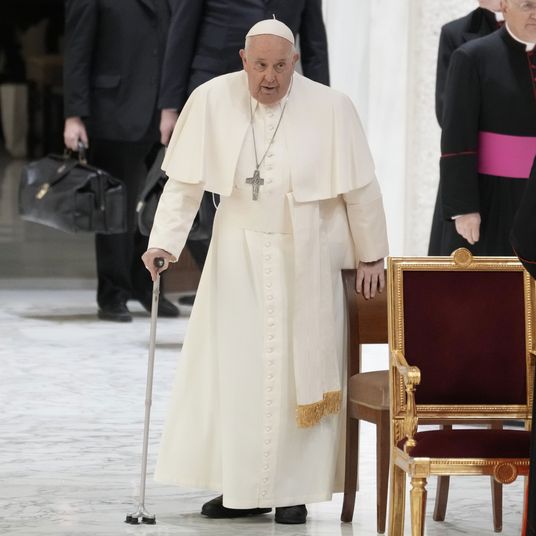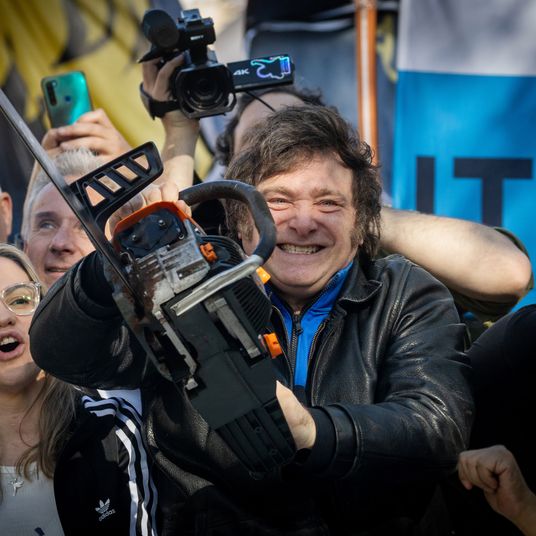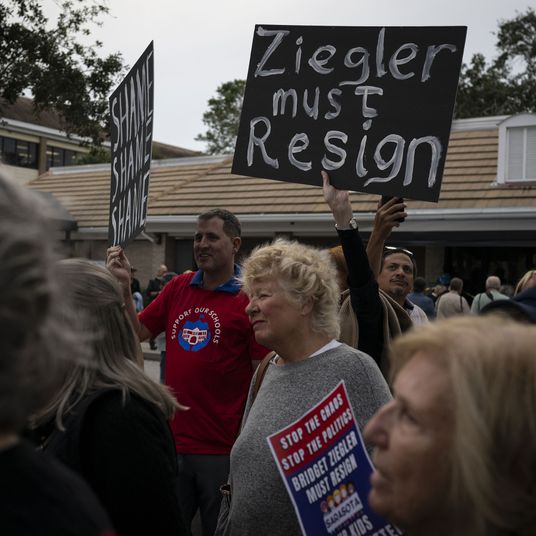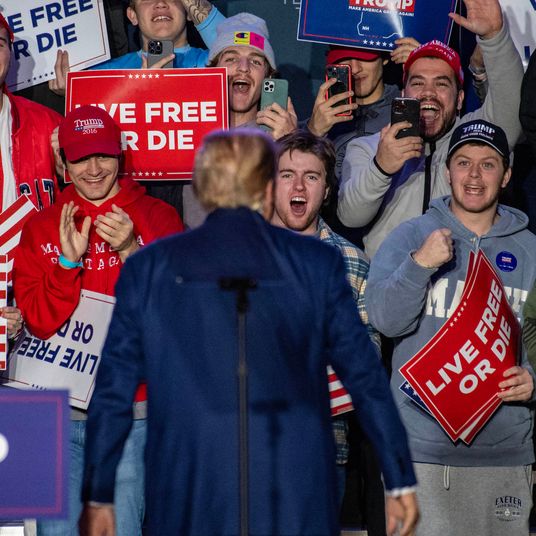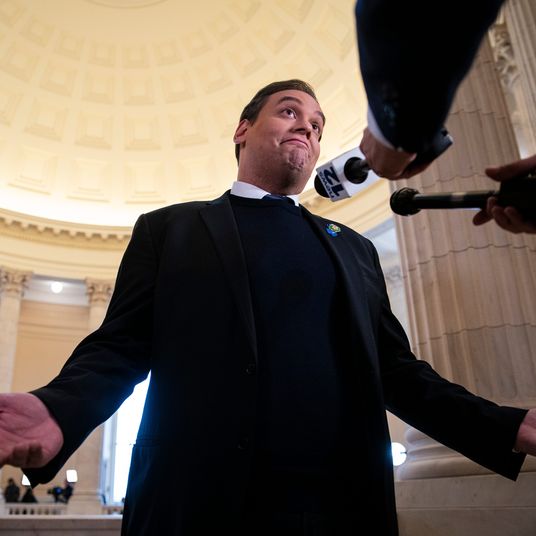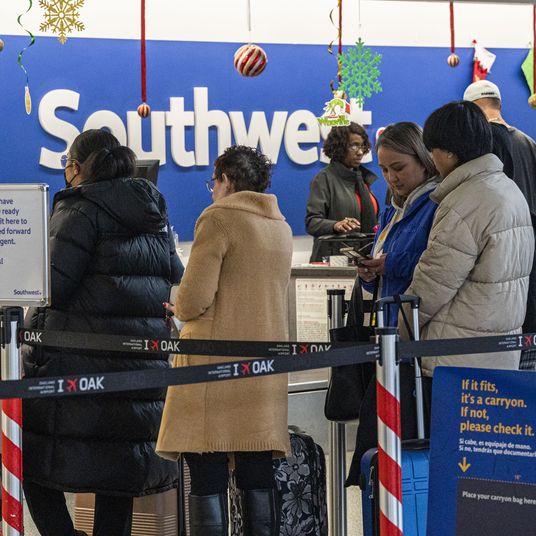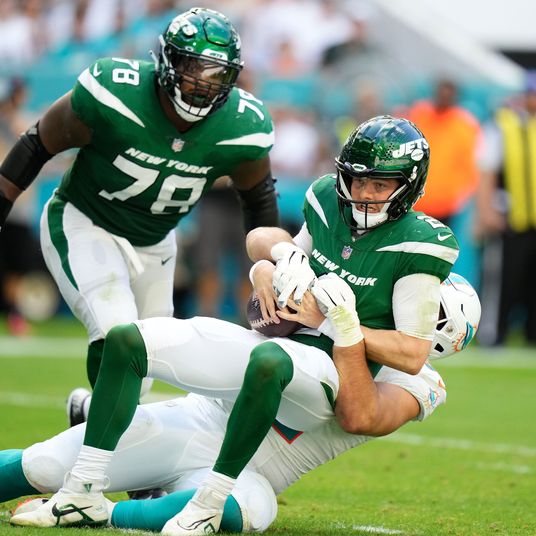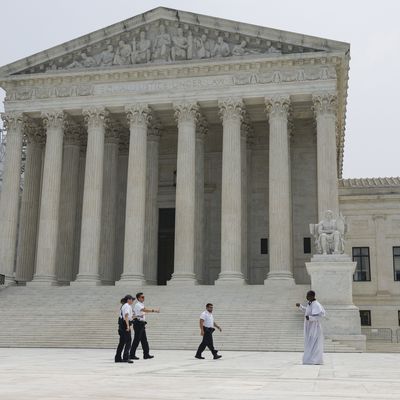
When you have an unresolved yet momentous U.S. constitutional issue percolating in a large number of state courts, there will always be at least one state judiciary that bucks the consensus and triggers a legal conflict that must be resolved by the U.S. Supreme Court. That’s where we are after Colorado’s Supreme Court held in a closely divided decision that the 14th Amendment’s ban on insurrectionists occupying high federal offices means Donald Trump cannot appear on that state’s March 5 Republican presidential primary ballot.
This is not a controversy in any way limited to Colorado. Courts in six states have already dismissed parallel efforts to strike Trump from the ballot on 14th Amendment grounds. Bids to exclude him are still kicking around courts in 14 other states. It’s a conflict that not merely allows for, but cries out for, resolution by the Supreme Court. The Colorado court recognized this by placing a hold on its own decision pending the Supreme Court review.
In theory, the Supreme Court could avoid a definitive decision, as election-law expert Rick Hasen explained:
[T]he Colorado Supreme Court’s timing remedy allows the United States Supreme Court an out, if it wants it, although it’s far from ideal. If the Court just sits on a petition for certiorari until January 4, Trump’s name appears on the ballot, and the Court then might conclude to deny cert because the case now presents a poor vehicle (i.e., the primary at issue has passed and the jurisdictional hook in the case is only for a primary election, not a general). Lots of uncertainty …
The [U.S.] Supreme Court [could] approve the exclusion because this is a presidential primary and, consistent with cases like La Follette, the national party can ignore what the state does, or the state party can hold a caucus or some other delegate-selection process without a state-run primary. There’s tremendous uncertainty here.
The beginning of the GOP nomination contest is now less than four weeks away; filing deadlines for the primaries have already passed in some states and are rapidly approaching in others. It’s no time for the Supreme Court to equivocate or delay an intervention.
Assuming the Court does its duty, which way will it go? Again, this is an unprecedented controversy since major political parties have somehow never before entertained nominating presidential candidates who were impeached (though not convicted) for insurrectionary acts. It’s worth noting that although the position taken by the Colorado court is decidedly not the prevailing view in legal circles, it has support from both liberal and conservative constitutional experts, and there is a particularly clear argument from the “originalist” point of view (a strong tendency among the Court’s conservatives) that the congressional drafters of the 14th Amendment intended to exclude insurrectionists from federal office for all time.
But a close reading of the Colorado decision shows how very many hoops the Supreme Court would have to jump through to conclude that the Constitution demands Trump’s exclusion. At a minimum it would have to:
- Ignore contemporaneous evidence that then–Supreme Court Justice Samuel Chase rejected the idea that the 14th Amendment’s exclusion of insurrectionists was self-enforcing without implementing actions by Congress.
- Deal with the fact that the 14th Amendment enumerates offices subject to the exclusion but does not mention the presidency.
- Brush aside differences in the oaths administered to presidents and to those holding subordinate offices (which match the language of the 14th Amendment).
- Conclude that state courts (and ultimately state election officials) have the power to interpret the meaning of “insurrection” in this and other cases.
Would a Supreme Court with three justices appointed by the man whose candidacy would be endangered or even outlawed plow through the many problems and ambiguities presented by this case and adopt the position taken by the Colorado court? That seems very unlikely.
Yes, this particular Supreme Court has proven itself reckless before, and there might be a sort of rough justice in the Court helping terminate the career of the reckless president who has shaped it. But I agree with my colleague Jonathan Chait that this step would be very bad for the democratic values Trump and his movement threaten. In fact, it would be more likely to generate an actual, no-kidding, everyone-recognizes-it insurrection than anything you could currently imagine.
In a situation where the legal precedents for the states intervening to decide a presidential contest are weak and the political consequences are vast, the U.S. Supreme Court should act quickly to head off further litigation that could throw primary and general-election ballots into chaos. We have enough chaos in our political system as it is.
More on politics
- 26 Not-Fun Facts About Speaker Mike Johnson
- ‘Melania Knows’ Banner Isn’t a Sky-Worthy Trump Insult
- Rudy Is Really, Really Broke






